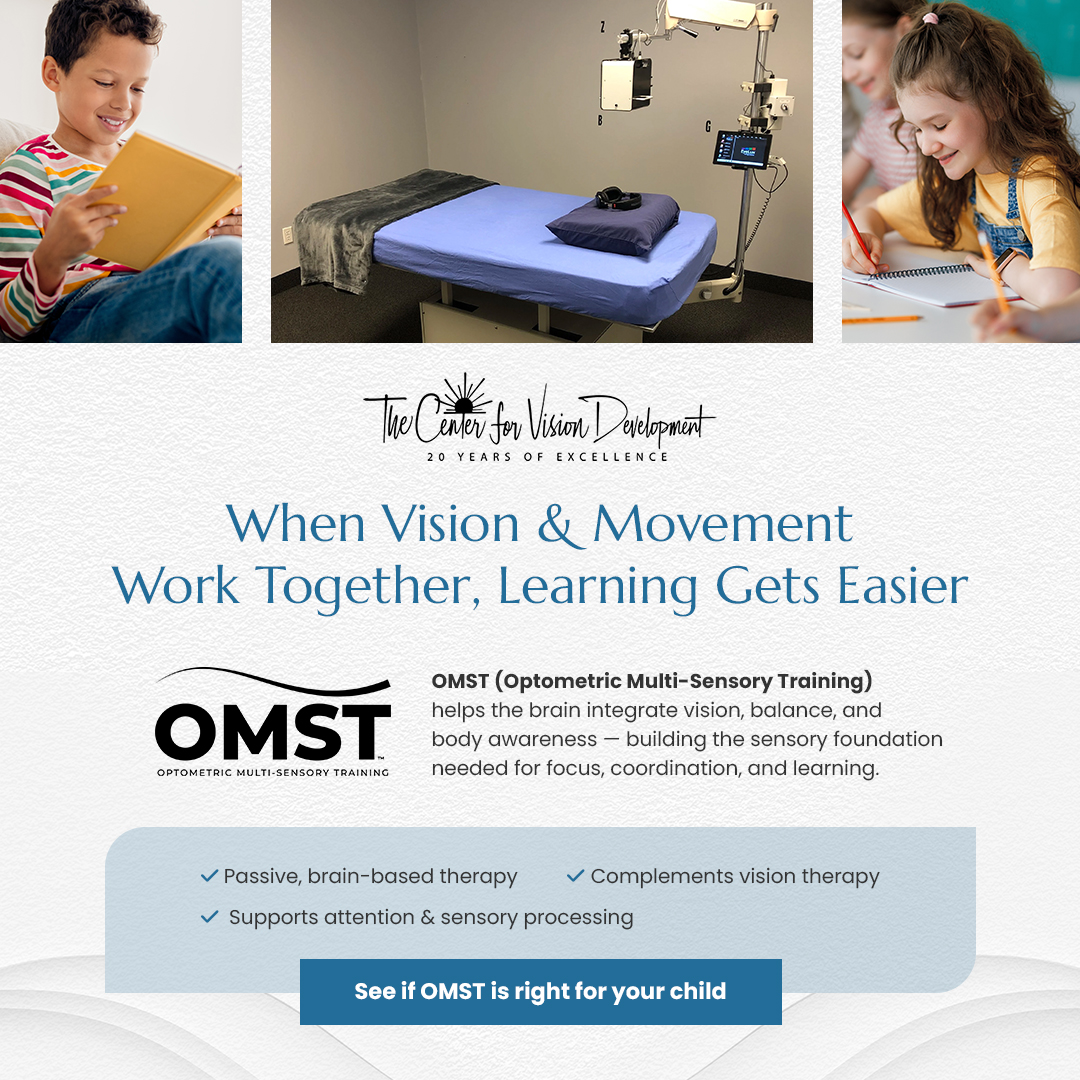
Attention Deficit Hyperactivity Disorder (ADHD) is a neurodevelopmental disorder that affects millions of individuals worldwide. While traditional treatments often involve medication and behavioral therapy, there is a growing body of research suggesting that vision therapy may offer a complementary approach to managing ADHD symptoms.
Read on as a vision therapist Annapolis, MD talks about vision therapy and its potential benefits in treating ADHD.
Understanding ADHD and Vision
ADHD is characterized by symptoms such as inattentiveness, impulsivity, and hyperactivity. While its exact cause is still unclear, recent studies have shown a link between ADHD and visual processing difficulties. These difficulties may include problems with eye tracking, focusing, and coordination. Vision therapy, also known as vision training, is a non-invasive treatment method that aims to improve visual skills and overall visual processing abilities.
The Role of Vision Therapy
Vision therapy utilizes a series of specialized eye exercises and activities designed to train and strengthen the visual system. By addressing visual inefficiencies, it can enhance eye movement control, visual processing speed, and visual attention. These improvements have the potential to alleviate some of the symptoms associated with ADHD, such as difficulties with sustained attention, impulsivity, and coordination.
Research on Vision Therapy and ADHD
A growing body of research suggests that vision therapy can be an effective adjunctive treatment for individuals with ADHD. In a study published in the Journal of Attention Disorders, researchers found that children who received vision therapy demonstrated significant improvements in attention, reading comprehension, and visual perception compared to those who did not undergo therapy. Other studies have reported similar findings, highlighting the positive impact of vision therapy on ADHD symptoms.
Benefits and Considerations
One of the key advantages of vision therapy is that it is a non-invasive and drug-free treatment option, making it an appealing alternative for individuals seeking holistic approaches. Additionally, vision therapy can offer lasting benefits beyond the treatment period, helping individuals develop lifelong visual skills.
It is important to note that vision therapy is not a standalone treatment for ADHD. It should be used in conjunction with other evidence-based interventions, such as medication and behavioral therapy, as part of a comprehensive treatment plan.
While vision therapy is still considered an emerging field, the growing body of research suggests its potential as a complementary approach for managing ADHD symptoms. By addressing visual processing difficulties, vision therapy has shown promise in improving attention, coordination, and overall visual functioning in individuals with ADHD.
If you have more questions or wish to schedule a consultation, please feel free to call us, your local vision therapist Annapolis, MD, anytime!











